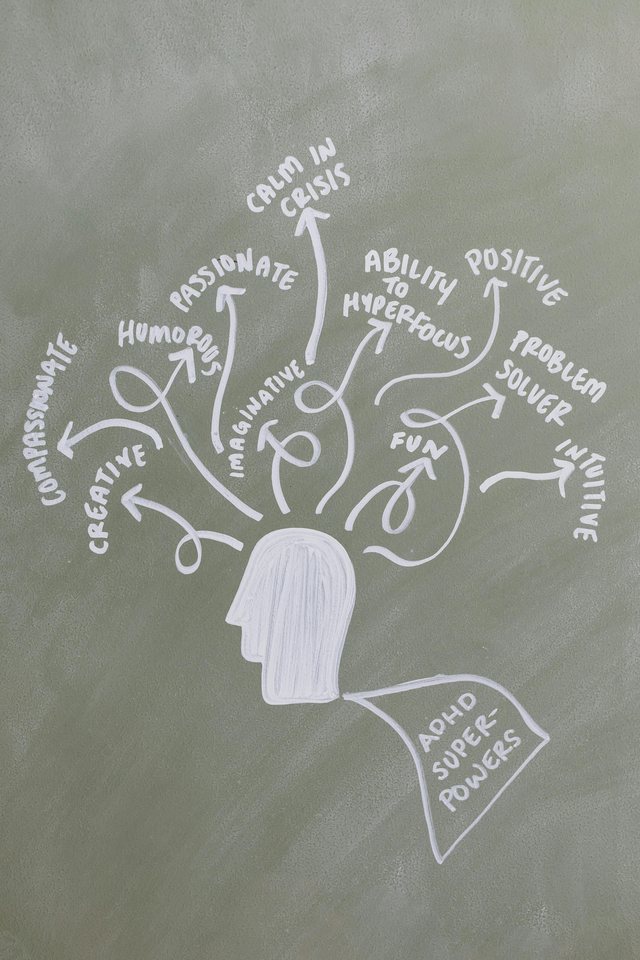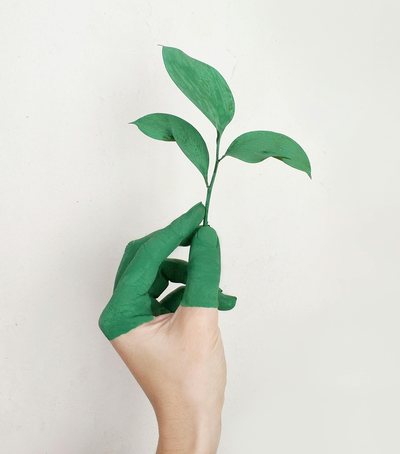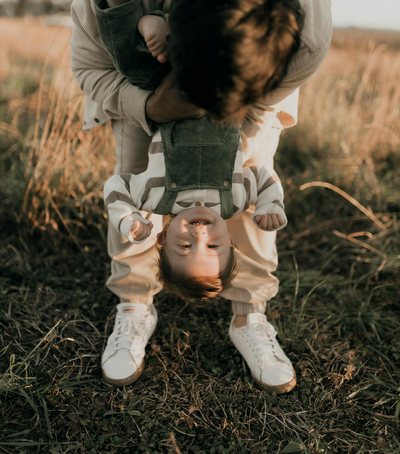
Emotional Awareness starts with knowing your feelings: being able to clearly identify what you are feeling (anxiety, joy, disappointment) is the first step towards managing them. The better you understand yourself, the more others will know how to support you in a real dialogue.
Self-regulation means being able to stop an impulsive reaction and choose how you respond. Instead of lashing out in anger or frustration, learn to take a short pause—a deep breath—to act wisely, not emotionally.
Empathy is the ability to put yourself in another person's shoes: listen attentively, try to understand the perspective of your partner's feelings and thoughts, without immediately judging them. When the other person feels understood, emotional loyalty increases and the bond is strengthened.
Nonverbal Communication – gestures, tone of voice, and facial expressions often speak louder than words. Learn to read these signals (“how do I hold my posture when I speak?”), and try to use them intentionally to show warmth, understanding, or support.
Social skills involve not only speaking clearly, but also creating space for the other person to express themselves. Ask open-ended questions (“How did you feel when that happened?”) and show genuine interest in the answers, making the conversation a two-way street.
Building Trust requires honesty and transparency: share your expectations and concerns without fear of being judged. When you are open about your emotions, the person you are listening to will feel invited to do the same.
Conflict management becomes easier when you acknowledge emotional differences and seek to find common ground. Instead of blaming (“You did…”), use “I” messages (“I felt…”), and don’t just focus on the problem, but on finding a welcome solution.
Sustainable self-motivation comes from setting realistic goals within your relationship—like spending more quality time together or practicing gratitude regularly. When you work together to improve, anxiety and resentment automatically decrease.
The Collaborative Approach “together against the problem” (not “me against you”) gives the relationship a team spirit. By facing challenges as a team, each member feels stronger and more supported, and solutions are more creative.
Reflection and Shared Growth: Establish a regular ritual – a conversation every weekend to discuss not only issues, but also progress and gratitude. This ritual strengthens both partners’ emotional awareness and ensures that the relationship evolves with mutual needs and values.
Photo Credits (Tara Winstead):
https://www.pexels.com/photo/adhd-super-powers-written-on-chalkboard-8378741/





